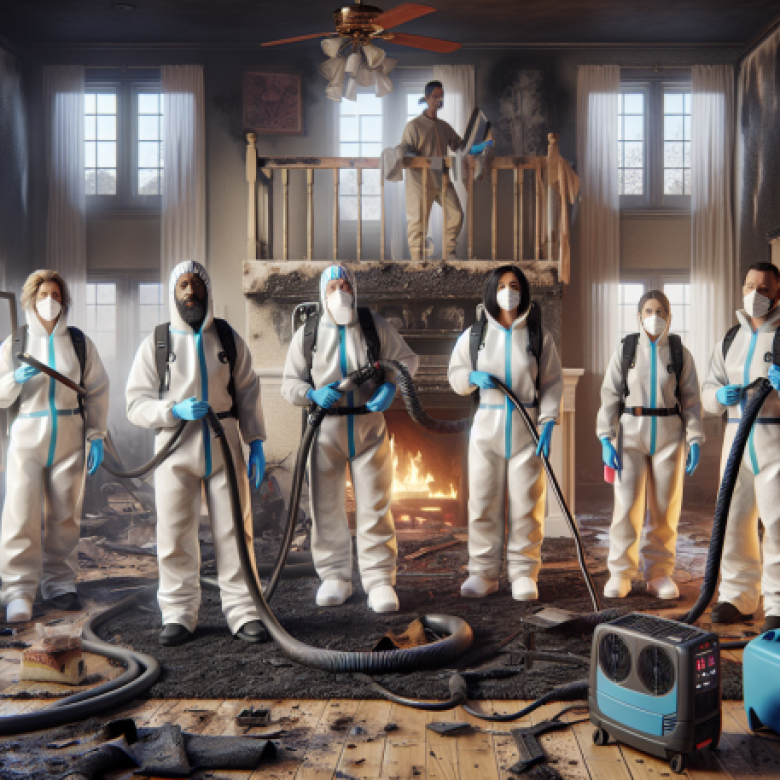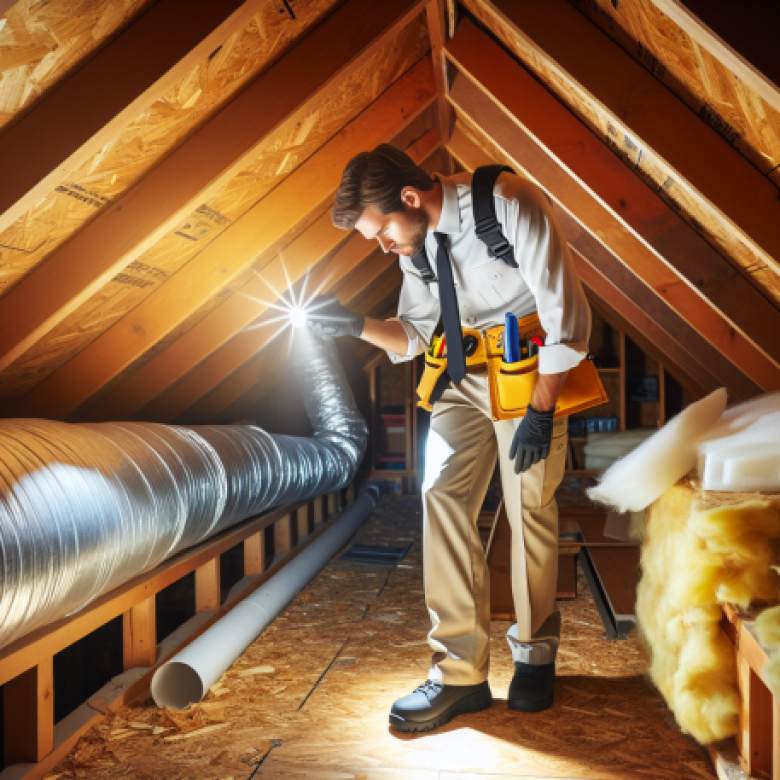Fire damage can be a devastating event for any commercial property owner. The aftermath can be overwhelming and the restoration process can be complex and time-consuming. But with the right knowledge and resources, you can protect your property from fire damage and ensure a quick recovery in case of an unfortunate event. This guide will provide you with comprehensive information on commercial property fire protection, water damage restoration, and mold restoration solutions.
Commercial Property Fire Protection: An Overview
Fire protection for commercial properties involves a combination of preventive measures and responsive actions. It includes installing fire detection and suppression systems, ensuring regular maintenance, and training staff on fire safety protocols.
Fire Detection and Suppression Systems
Fire detection systems, such as smoke detectors and heat sensors, are essential for early detection of fires. On the other hand, fire suppression systems, like fire extinguishers and sprinkler systems, help control and extinguish fires before they can cause significant damage.
Regular Maintenance and Inspection
Regular maintenance and inspection of fire protection systems are crucial to ensure their functionality. It involves checking the condition of fire extinguishers, testing smoke detectors, and inspecting sprinkler systems.
Staff Training
Training your staff on fire safety protocols can significantly reduce the risk of fire. It includes educating them about potential fire hazards, evacuation procedures, and the use of fire extinguishers.
Water Damage Restoration: A Key Aspect of Fire Damage Recovery
After a fire, water damage can be a significant issue due to the use of water to extinguish the fire. Water damage can lead to structural issues and mold growth if not addressed promptly.
Immediate Response
An immediate response is crucial to minimize water damage. It involves removing excess water, drying out the area, and dehumidifying the space.
Assessment and Restoration
After the initial response, a thorough assessment is necessary to determine the extent of the damage. Based on the assessment, a comprehensive restoration plan is developed and implemented.
Mold Prevention
Water damage can create a conducive environment for mold growth. Therefore, mold prevention measures, such as dehumidification and use of anti-microbial treatments, are integral to water damage restoration.
Mold Restoration Solutions: Addressing a Common Aftermath of Water Damage
Mold can be a common issue after water damage. It can pose health risks and cause structural damage. Therefore, mold restoration solutions are essential for a complete recovery from fire damage.
Mold Assessment
Mold assessment involves identifying the presence of mold, determining its type, and assessing the extent of the infestation. It helps in developing an effective mold remediation plan.
Mold Remediation
Mold remediation involves removing the mold, cleaning the affected areas, and taking measures to prevent future mold growth. It requires specialized equipment and expertise.
Post-Remediation Verification
After mold remediation, post-remediation verification is necessary to ensure the effectiveness of the remediation process. It involves re-inspecting the property and conducting air quality tests.
Conclusion
Protecting your commercial property from fire damage involves a comprehensive approach that includes fire protection measures, water damage restoration, and mold restoration solutions. With the right knowledge and resources, you can ensure the safety of your property and quick recovery in case of fire damage.
FAQs
- What are some common fire hazards in commercial properties?
Common fire hazards in commercial properties include electrical faults, flammable materials, and unattended cooking appliances.
- How can I prevent water damage after a fire?
Immediate response, thorough drying, and dehumidification can help prevent water damage after a fire.
- What are the health risks associated with mold?
Mold can cause a variety of health issues, including allergic reactions, respiratory problems, and in severe cases, neurological disorders.
- How often should I inspect my fire protection systems?
Fire protection systems should be inspected at least once a year. However, for some systems, more frequent inspections may be necessary.
- What should I do if I suspect mold growth after water damage?
If you suspect mold growth, you should contact a professional mold restoration company immediately. They can conduct a thorough assessment and provide effective remediation solutions.
- Who can help me with fire damage restoration?
Professional restoration companies, like Projekt Restoration, can provide comprehensive fire damage restoration services, including water damage restoration and mold restoration solutions.




